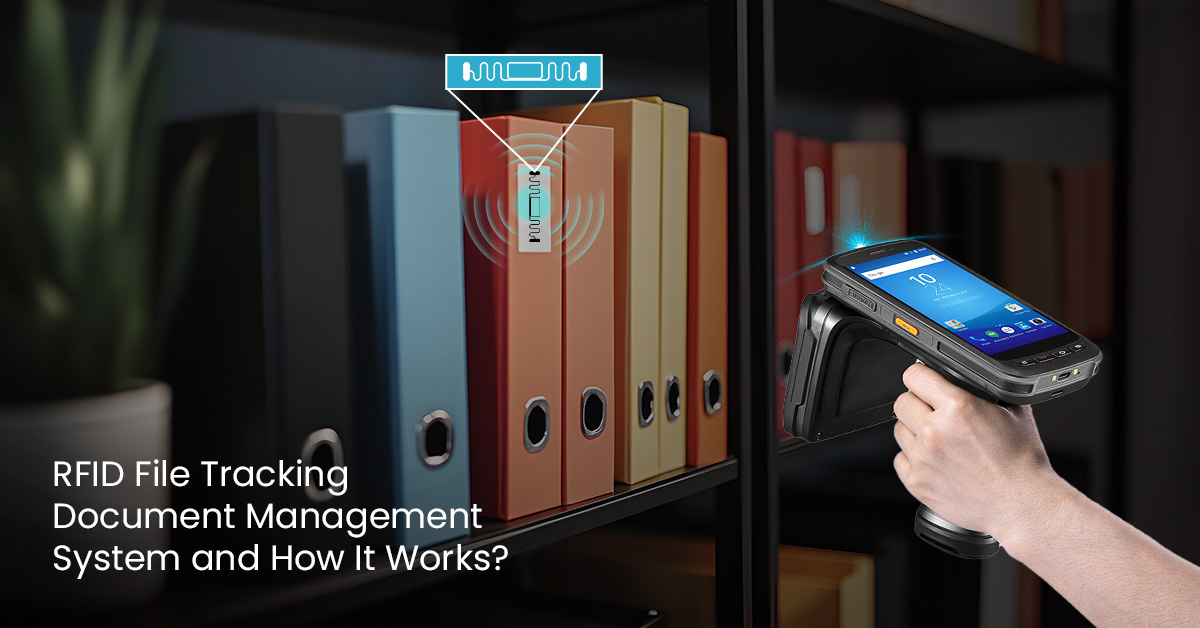.jpg)
In our interconnected world, ports serve as the sentinels of global trade. Did you know that ports handle a whopping 80% of global trade by volume and over 70% by value? In India, ports are responsible for managing 90% of the country's external trade by volume and 70% by value. This just goes to show how important efficient port operations are. With the increasing need for seamless port operations, it's clear that implementing a robust Port Management Solution (PMS) is absolutely necessary. PMS is an agnostic and seamless digital solution that can be integrated and is interoperable with legacy systems.
The Need for Port Management Solutions
As international trade continues to soar, ports around the world are grappling with the mounting challenge of optimizing their operational capabilities. Many ports still rely on outdated systems that are riddled with inefficiencies, lack the flexibility to adapt to changing needs, and heavily depend on manual, analogue processes. This antiquated approach not only results in operational bottlenecks and delays but also raises the risk of errors, undermining the overall efficiency and profitability of port operations.
To thrive in the face of surging global trade volumes, ports must embrace modern, agile solutions that can streamline their processes, enhance configurability, and minimize reliance on cumbersome manual interventions. Failure to upgrade to more sophisticated systems could jeopardize a port's ability to keep pace with the ever-increasing demands of international commerce, potentially leading to a loss of competitiveness and diminished economic relevance.
To cite an example, the Port of Sines, a deep water port in Portugal, has implemented a cutting-edge PMS that has led to 25% increase in efficiency and 35% reduction in operational costs. Similarly, the Port of Rotterdam, one of the busiest ports in Europe, has embraced the power of PMS, leading to a significant reduction in cargo dwell times and improved stakeholder collaboration.
Challenges in Current Port Operations
.jpg)
Rigidity in Operations: Legacy port systems often lack the flexibility to accommodate diverse operational requirements, leading to potential errors and inefficiencies.
One-Size-Fits-All Cargo Handling: Ports handle a wide range of cargo types, from containerized goods to bulk materials and oversized equipment. However, existing systems frequently employ a uniform approach to cargo handling, which fails to account for the unique handling requirements of different cargo categories, sizes, and weights. This can lead to inefficient use of resources and potential safety hazards.
Overreliance on Manual Processes: Many port operations still heavily rely on manual processes, increasing the likelihood of human errors, delays, and inefficiencies.
Inadequate Logistics Integration: Current logistics systems employed by ports often fail to provide a comprehensive view of the entire supply chain, leading to disruptions and inefficiencies. Lack of seamless integration with other stakeholders, such as shipping lines, trucking companies, and customs authorities, can result in communication breakdowns and delays in cargo movement.
Absence of Advanced Technologies: The rapid advancement of technologies like the Internet of Things (IoT), Artificial Intelligence (AI), and Machine Learning (ML) has revolutionized various industries. However, many ports have yet to fully embrace these cutting-edge solutions, hindering their ability to optimize operations, improve predictive capabilities, and make data-driven decisions.
A new paradigm - CSM Tech’s Port Management Solution
.jpg)
The Port Management Solution (PMS) developed by CSM Technologies exemplifies innovation and efficiency, transforming port operations with its comprehensive, customizable platform tailored for JSW Infrastructure. This advanced solution tackles the core challenges of port management by integrating state-of-the-art technologies like IoT, AI, and ML to optimize decision-making and predictive capabilities. Its robust modules cover every aspect of port operations, from vessel traffic and cargo handling to marine services and logistics automation.
The PMS ensures seamless collaboration among stakeholders, provides real-time visibility into port activities, and offers advanced analytics for data-driven insights. Integrated with crucial systems such as SAP for material tagging, online payment gateways for financial transactions, and OTP-based verification for secure operations, the PMS enhances efficiency, reduces manual errors, and drives significant cost savings. By offering features like automated invoicing, mobile applications for on-the-go operations, and thorough integration with existing systems, CSM Technologies' PMS sets a new benchmark in port management.
The Way Forward
As the global smart port market is poised to grow significantly, reaching an estimated USD 25.11 billion by 2032, the adoption of PMS is crucial for ports aiming to stay competitive. By embracing advanced technologies and integrated systems, ports can not only enhance their operational efficiency but also ensure their readiness for future growth and technological advancements.
The future of port operations lies in the successful implementation of comprehensive PMS. By addressing the current challenges and leveraging advanced technologies, ports can achieve greater efficiency, cost savings, and improved stakeholder collaboration, paving the way for a more robust and dynamic global trade environment.


























































We will verify and publish your comment soon.